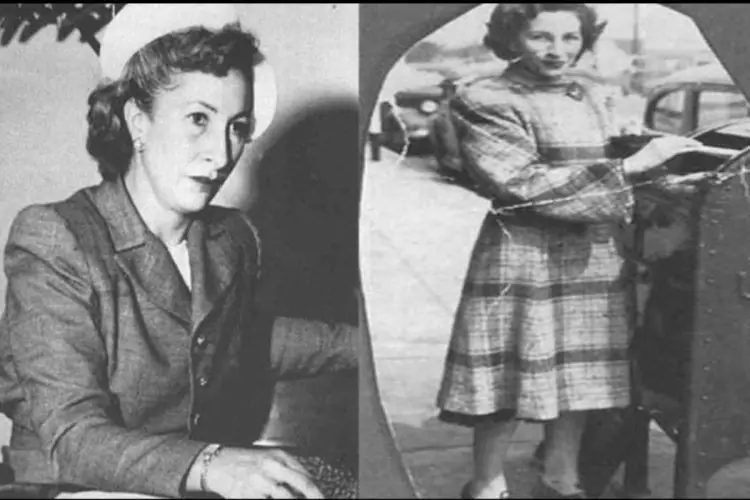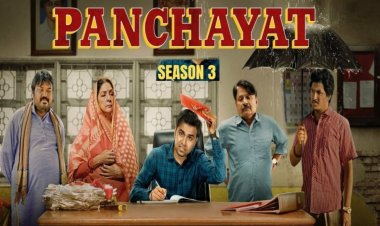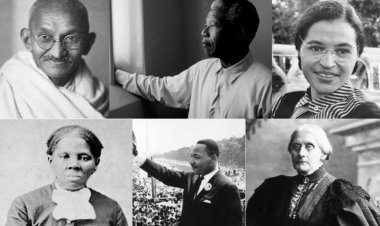Luisa Moreno | Luisa Moreno A Civil Rights Activist
Luisa Moreno (born August 30, 1906, Guatemala City, Guatemala—died November 3, 1992, Guatemala), was one of the Latina women who rose to prominence at the age of 20 as a labor organizer and civil rights activist

Luisa Moreno (born August 30, 1906, Guatemala City, Guatemala—died November 3, 1992, Guatemala), was one of the Latina women who rose to prominence at the age of 20 as a labor organizer and civil rights activist He played an important role in the international labor rights movement in his life.
Luisa Moreno was born Blanca Rosa López Rodríguez to an upper-class family in Guatemala City, Guatemala, on August 30, 1906. He did his primary education from school in Oakland, California. After this she returned to Guatemala for studies, but she did not get admission for further studies in Guatemala. In response, Luisa Moreno organized a group to advocate for the inclusion of female students in higher education. With her interest in social issues, Moreno moved to Mexico City. Where he worked for a Guatemalan newspaper as a reporter.
While working for a newspaper in Guatemala, she married Ángel de León, an artist, in 1927 and moved to New York the following year, in 1928. Where she gave birth to a daughter Maytil. After this, Ubho worked as a tailor in a textile factory to support her artist husband and daughter. Where she became angry at the harsh working conditions of workers along with low wages, the extent of racial segregation and discrimination in the United States. And she soon joined a group of Latino labor activists and began raising her voice against it. After this, in 1930, she joined the Communist Party and at the same time she adopted her new name Luisa Moreno. He did this so that his family could be separated from his political positions and labor activities, which he disapproved of.
In 1935, Luisa Moreno was appointed president of the American Federation of Labor (AFL). The very next year he was assigned the task of organizing Florida tobacco workers. After which he broke his ties with the American Federation of Labor (AFL). Joined the newly formed Unified Cannery, Agricultural, Packing and Allied Workers of America (UCPAWA; also known as FTA, or Food, Tobacco, Agricultural and Allied Workers of America),
Luisa Moreno was soon elected to the CIO Council. With this she became the first woman and first Latino member. In 1941, Moreno was named international vice president of UCAPAWA and sent on a trip to Southern California to organize workers in food-processing plants. During the trip he helped organize many of UCAPAWA's labor affiliates, including Unionizing the two local canneries in Fullerton, California, into Southern California's largest cannery at the time played a role. In 1943, Dixie Tiller founded the Citrus Workers Organizing Committee in Riverside and Redlands, California.
During the late 1930s and early 1940s, Luisa Moreno fought for and won Hispanic civil rights. Luisa Moreno founded and became coordinator of the National Congress of Spanish Speaking Peoples in 1938. 1942 Moreno helps establish a defense committee for hundreds of Mexican Americans after he is wrongly arrested in Los Angeles following the unexplained death of a man. Which is known as the Sleepy Lagoon massacre. After retiring from public life in 1947, he was exiled to Guatemala in 1950 because of his distinct identity as a communist leader. He died in Guatemala on November 3, 1992, at the age of 86.

















